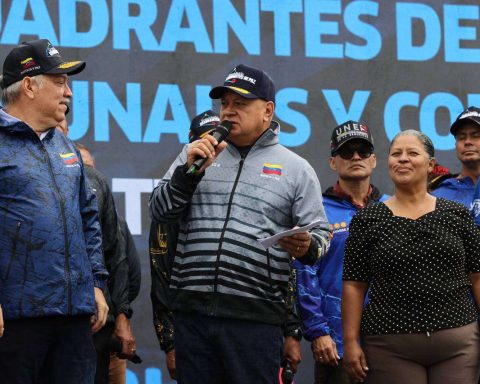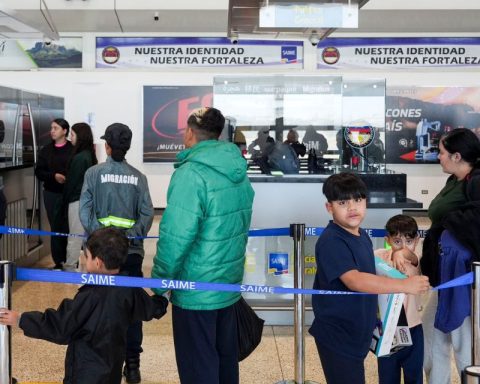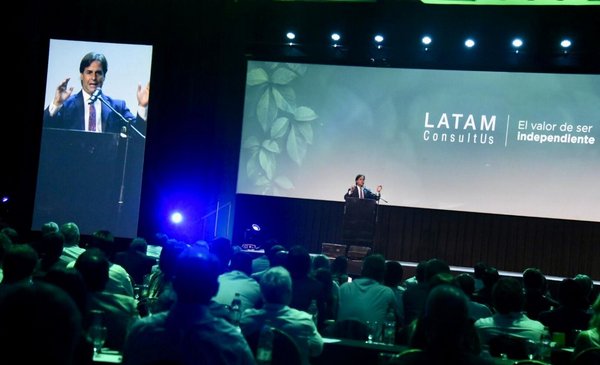Alena Douhan, UN special rapporteur, insisted that US sanctions “generally bar entry to the United States and freeze any assets with US connections, thus violating the rights to freedom of movement and not to be arbitrarily deprived of property.”
the belarusian Alena DouhanUN special rapporteur on the negative impact of unilateral coercive measures on the enjoyment of human rights, questioned this Thursday, March 9, the policy of sanctions applied by the United States, since they are “a clear violation of the right to procedural guarantees, including the presumption of innocence and the right to a fair trial,” cited a UN press release.
«The United States is using sanctions to impose its jurisdiction on people abroadwhich may constitute violations of human rights, including the presumption of innocence, the right to a fair trial, freedom of movement and the right to property”, insisted the official who, in 2021, completed a two-week visit to Venezuela and considered “catastrophic» the effects of sanctions to overcome the national crisis-
“The United States has spent years imposing sanctions on individuals and entities without national criminal jurisdiction and in the absence of universal jurisdiction,” he declares. the special rapporteur. It specifies that the United States is a signatory to the International Covenant on Civil and Political Rights that it violates with its policies.
The Special Rapporteur further noted that US sanctions often bar entry to the United States and freeze any assets with a US connection, thereby violating the rights to freedom of movement and not to be arbitrarily deprived of property.
“Fear of US sanctions has led many foreign companies and financial institutions to over-comply with them to reduce their risks. This only worsens the impact of sanctions on human rights,” says the expert.
Douhan explains that human rights are violated when US trade bans against certain countries penalize foreign companies for doing business.
“These policies affect labor rights, freedom of movement and the rights of people who may be associated with these companies,” he assured, citing as an example the damage caused to individuals who depend on the goods or services of certain companies, including medicines and medical equipment.
The expert questions the compatibility of this type of imposition of extraterritorial jurisdiction with international human rights standards, and invited interested parties to reflect on its meaning in relation to the international principle of non-interference in internal affairs.
Post Views: 421

















